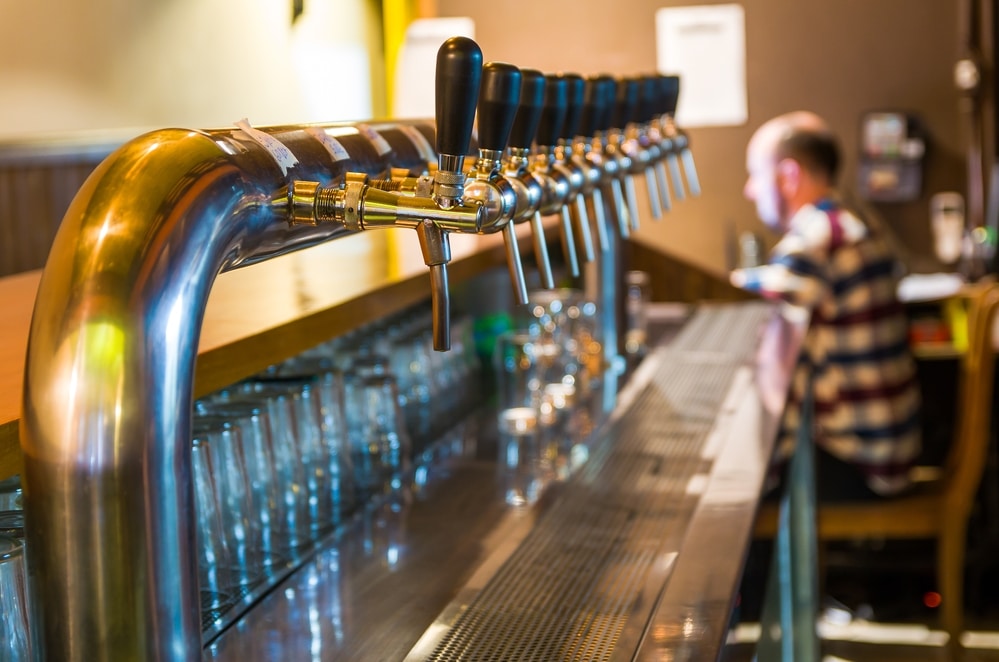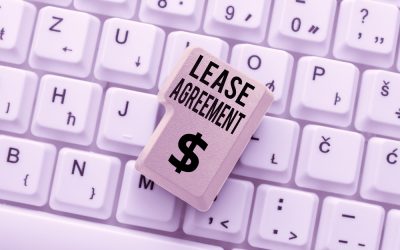Let’s start with some definitions. Taproom net profits are calculated by subtracting total operating costs from taproom margins.
- Sales – Cost of beer = Gross Margin
- Gross Margin – Operating Expenses = Net Profit
The Net Profit dollars are then divided by Sales dollars to arrive at a percentage Net Profit.
This is an easy way to compare profitability of one taproom to another, or to compare your expected profit to your plan.
Taproom Profit Example
Your taproom purchases beer from your brewery at $150 per 1/2 barrel.
The 1/2 barrel will yield about 100 16oz pints, and you sell each pint for $6. Total sales on a 1/2 barrel calculate to $600.
$600 Sales – $150 Cost of Sales = $450 Gross Margin per 1/2 barrel
To get to Net Profit, deduct operating expenses from the gross margin.
Operating expenses are the day-to-day costs to run your taproom. These include lease costs, wages, taxes, utilities and so on.
Costs will vary greatly from one taproom to another, but for our example we’ll assume operating costs of 30% of sales
30% x $600 Sales = $180 Operating Expenses per 1/2 barrel
So, after all of these numbers, we’ve arrived at an average taproom net profit:
$450 Margin – $180 Operating Expenses = $270 Net Profit per 1/2 barrel
The $270 Net Profit divided by $600 in Sales gives us a 45% Net Profit percentage.
Average Net Profit for a Taproom will depend on a number of factors. Sales, Margins and Operating Expenses are the ingredients that make up Net Profit, and each will influence the bottom line.
For a deeper dive on Taproom Financials, check out Breaking Down the Taproom Focused Brewery Model.
Yours in Taproom Profits,
Kary





